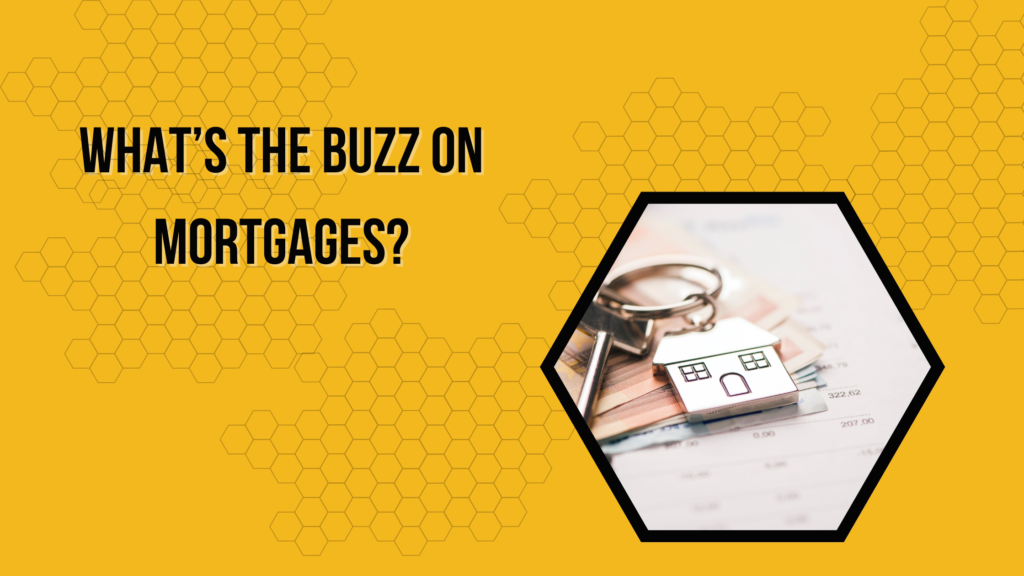
It’s a bit of a scary time out there for anyone that’s carrying debt. Interest rates have risen dramatically and decisions that were made years ago might feel a little shakier than they did at the time. This month I’ll be focusing in on mortgages, but rising interest rates have changed the dynamic on a lot of credit, so it’s never a bad thing to review where you stand.
The Variable Rate Concern
If you’ve got a variable rate mortgage that you haven’t done anything to, the unfortunate reality is that you’re probably not making a big enough payment to your mortgage anymore. As rates have increased the amount of interest you pay each month has gone up, and if you didn’t increase your payments, then the amount you’re paying to the principal has actually shrunk. This creates a bit of a bigger problem over time, as your mortgage still needs to be paid off in time, you might end up facing a much higher payment come renewal.
If you have a variable rate mortgage it’s worth taking a look at it now and seeing if you can make changes rather then wait to see what happens. It’s always better to know earlier rather than later.
The Fixed Rate Deadline
Now if you have a fixed rate mortgage then you might not currently be facing a lot of issues but that doesn’t mean you shouldn’t think about what’s going to happen when you renew your term. It’s very likely that you’re facing a significant increase on your interest rate. As we face higher interest rates longer you might face some significant changes, so it’s important to look ahead.
So what could this look like? A 3% increase on an interest rate represents an extra $3,000 per year in interest for every $100,000 that you owe, on a $250,000 mortgage that would be an extra $7,500 just in interest, which looks like an extra $625 per month, or $288.46 if you pay your mortgage bi-weekly.
What to do?
Those are scary numbers, and it gets scarier if your mortgage is higher. I don’t like to be alarmist, but these are the types of numbers that put people into bad positions. If you’re younger and recently bought a house, or you upsized your home in the last few years, and you’ve got a large amount still owing this can mean some hard choices.
If you’re looking at a large increase, you can start planning for it now, try and reduce your expenses now and see if you can make your budget work. Whether you save the difference or use it to pay down your mortgage the most important part is adjusting for the larger expense.
If you’re looking at a payment that you can’t afford, then you might need to make some serious lifestyle changes. This might include downsizing, or reducing your fixed expenses where you can. It’s not an easy choice but making it ahead of time can make it so you can look at all of your options and find the best way forward.
This isn’t the most fun topic, but as interest rates have stayed higher it’s an issue that more and more of us are going to face. It’s not easy, and it’s certainly not fun but it’s always better to be prepared and have a plan going forward. Your house is more then just a financial asset, it’s also your home, and making sure you continue to enjoy it is key.
Until next month, be prepared!
Laura
Laura Whiteland is a CERTIFIED FINANCIAL PLANNER® and Chartered Investment Manager® Professional, she is the owner of Inclusive Financial Planning, a fee-only financial planner.
This article is intended as general financial information and should not be construed as personalized financial advice.
